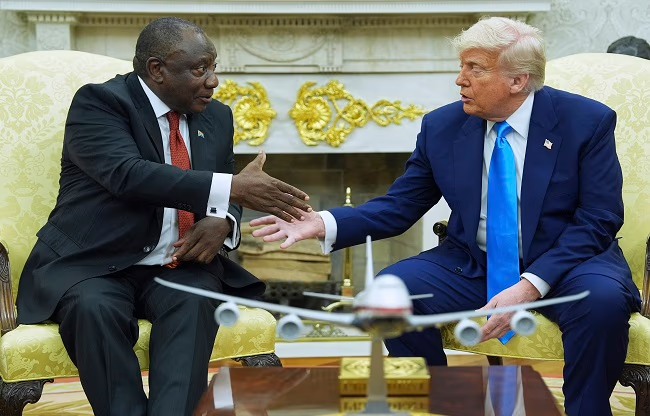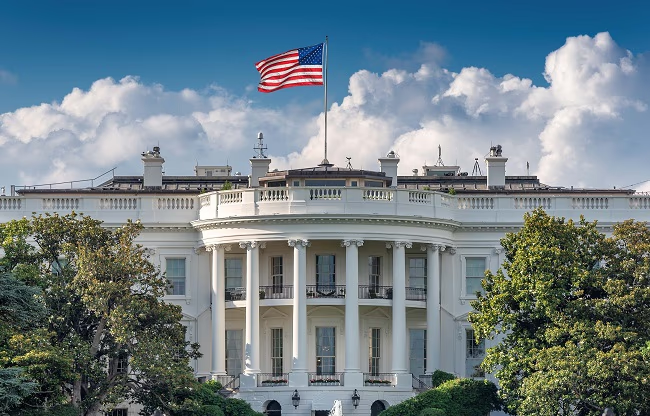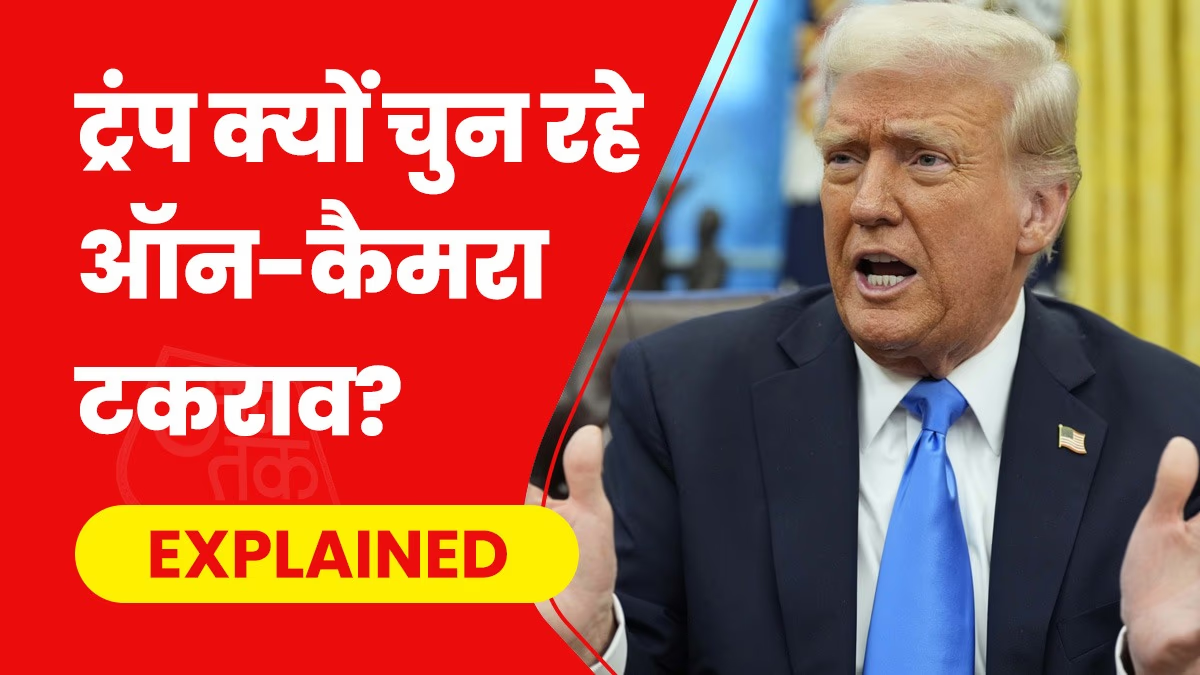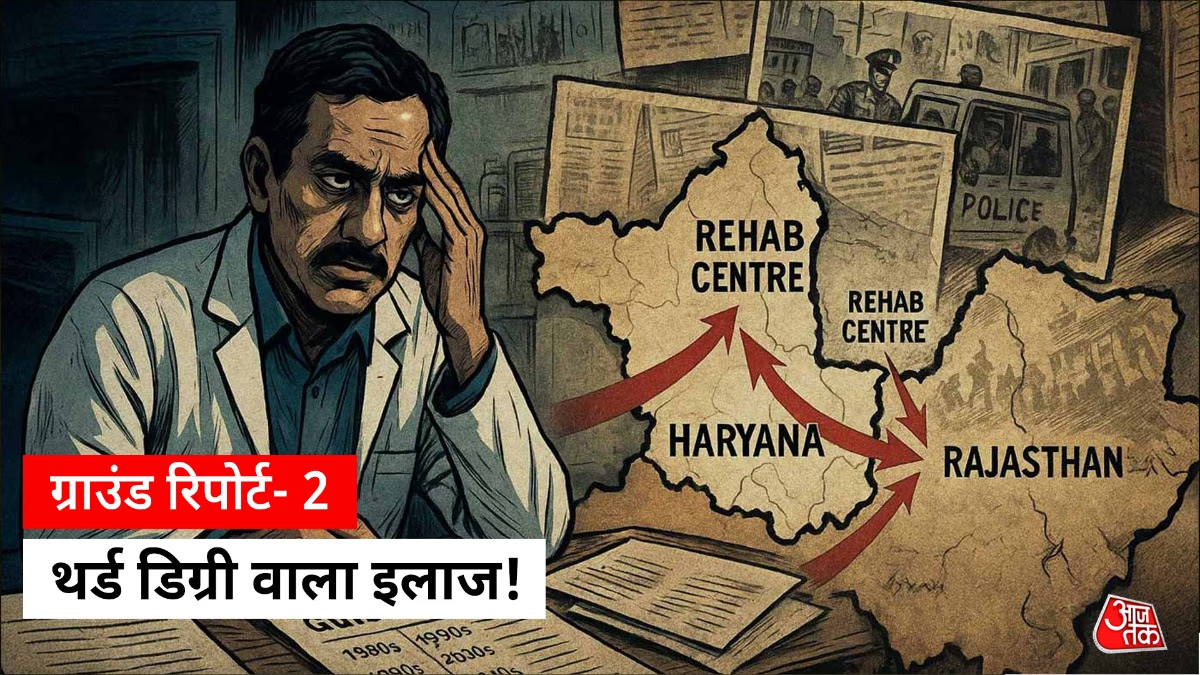America is known not only for its strength but also for its discreet operations. In the White House, what transpired between two leaders was revealed only by mutual consent. However, closed-door diplomacy appears to be dwindling. Trump’s interactions with foreign heads of state, if contentious, are quickly picked up by the media. Recently, after Ukrainian leader Zelensky, his debates with the South African leader went viral. Is Trump breaking the tradition of confidentiality?
Behind Closed Doors, New Paths Opened
Typically, meetings between leaders occur behind closed doors, whether the discussions are routine or not. Sometimes significant deals occur, or tensions rise during these sessions. Such meetings aim to not immediately impact diplomacy, preserving their confidentiality until both parties agree to disclose details.
Countries like the US, Russia, and Asian nations adhere to this diplomatic confidentiality until both sides are ready to go public.
When Does the Media Step Out?
Small portions of meetings remain public, such as initial photo ops and a few opening remarks that last two to five minutes, after which the press is excused. The real strategic discussions happen off-camera with only interpreters and a few officials present.

Source: aajtak
Why Is Everything Public Under Trump?
This trend is relatively new. Trump bypasses diplomatic protocols, directly leveling charges and broadcasting interactions. Previously, a video of him reprimanding Ukrainian leader Volodymyr Zelensky went viral, where Trump accused Ukraine of relying on US aid to withstand Russia.
Recently, a discussion with South African leader Ramaphosa, where Trump mentioned the killing of white farmers in his country, also made headlines. Trump even publicly referred to Kim Jong-un's letters as 'love letters'.
The Era of Black Hole Diplomacy
Before Trump, American leaders were known for discretion. In the 1970s under Nixon, internal dealings kept under wraps eventually shocked the public when revealed. It was then decided that White House interactions shouldn't become black holes, prompting media presence and questions. Yet, true diplomacy still happened off-camera.
Trump’s Public Rifts
In 2017, during Merkel's visit to the White House, Trump refused to shake hands on-camera, sparking much discussion. Recently, he cornered African President Ramaphosa on-camera, leading Ramaphosa’s press secretary to remark that some subjects should remain within the bounds of trust.

Source: aajtak
Many leaders have voiced concern, some openly and some discreetly, regarding Trump’s on-camera diplomacy. Countries like France and Canada have raised objections, suggesting this approach deviates from traditional diplomatic practices.
The Benefits of Off-Camera Talks
Former US presidents like Clinton, Bush, and Biden have maintained off-camera discussions to avoid straining diplomatic relations, allowing room for repair. When talks enter the public domain, interpretations vary, potentially damaging relations. Leaders also want to avoid public debate or embarrassment, as such publicity can affect America’s credibility globally.
Why Does Trump Choose This Path?
Every leader has a unique proposition that sets them apart. Trump's forthright approach is his hallmark. He aims to show his voter base his transparency. Trump portrays himself as a no-nonsense leader who speaks candidly, regardless of his audience.
Moreover, Trump doesn't engage every leader this way, choosing those he perceives as beneficial to confront. His comments in the Zelensky case brought him closer to Russia, while accusations against Ramaphosa may bolster his stature as a defender of white interests.




